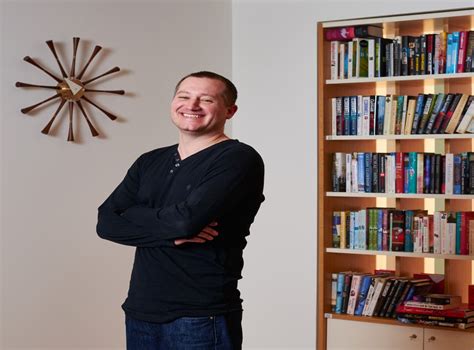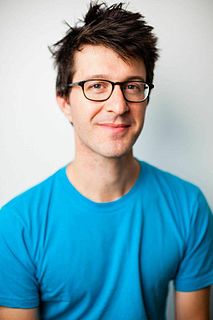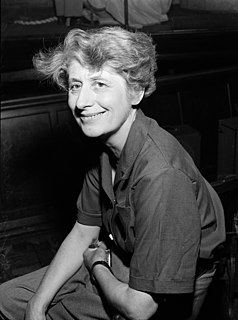A Quote by Jonathan Trigell
I do always know where I'm going in my books. I know the endpoint. I've written only two thousand words of my next novel but I know what the ending will be already.
Related Quotes
I can't really write anything without knowing the ending. I don't know how people do that. Even with my superhero stuff, I have to know at least where I want to take the characters and what the ending of my story with them will be. I just can't structure stories or character arcs and stuff without knowing the endpoint.
When I'm writing, I won't know whodunnit until maybe two thirds of the way through. Until then, I know as little as my detective. I just make it up as I go along. It's nerve-wracking, actually. You'll be half through and not know your conclusion. You worry one of these days the ending won't come. I'll be left with only two-thirds of a novel.
A discussion between Haldane and a friend began to take a predictable turn. The friend said with a sigh, 'It's no use going on. I know what you will say next, and I know what you will do next.' The distinguished scientist promptly sat down on the floor, turned two back somersaults, and returned to his seat. 'There,' he said with a smile. 'That's to prove that you're not always right.'
It's very bad to write a novel by act of will. I can do a book of nonfiction work that way - just sign the contract and do the book because, provided the topic has some meaning for me, I know I can do it. But a novel is different. A novel is more like falling in love. You don't say, 'I'm going to fall in love next Tuesday, I'm going to begin my novel.' The novel has to come to you. It has to feel just like love.


































